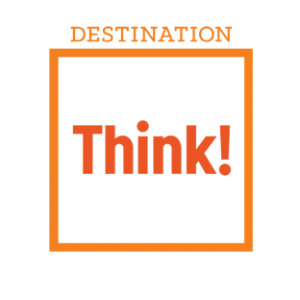August 2009
The Archives
-
Internet, Marketing, Travel & Tourism
The paradox of choice
08.06.09 | Permalink | 6 CommentsInteresting posting (as usual) from Stephen Joyce from Rezgo. He touches on a few things I’ve thought about a lot over the years. Especially the paradox of choice.
He makes a good point.In an industry where there is so much choice, how do you reduce choice? One answer is to specialize. Yes, that’s right, when you specialize in a destination or a product type, you reduce your customer’s choice and increase their ability to make a decision.He’s right. And the internet allows operators to find a very specific niche segment of consumers. This just wasn’t possible 10 years ago. By finding a profitable niche, it allows operators to tailor the product or experience and make it remarkable. And soon, your niche product, targeted and tailored to the Italian fly-fishing audience is being talking up on the Italian fly fishing social networks.
One of my dilemmas as a online destination marketer is: do I carve the destination up in niche websites (a cheese specialty store), tailored and targeted at specific segments, or do stock all product in one big website (a supermarket). Since travel is a multi-product experience, we’ve opted for the supermarket concept (like most DMO’s). No two trips consumers make are the same, because they all have unique preferences. Even the Italian fly-fishers will need a place to stay, eat and fill their time with other things, and that’s where we come in.
But the paradox of choice does creep into my mind every once in a while. That’s why I think the approach to allow consumers to make incremental decisions that won’t overwhelm them with too many options is a way to overcome this. That’s where regions, cities and sectors are useful. But it remains tough.
I think websites like Kayak do a good job of giving their users tools to limit a consumers choices based on personal preferences. I want a 4 star hotel, downtown, with a pool for example will reduce choice and make the decision process easier. The industry needs more of that. It will also stop the process of commoditizing tourism product.

